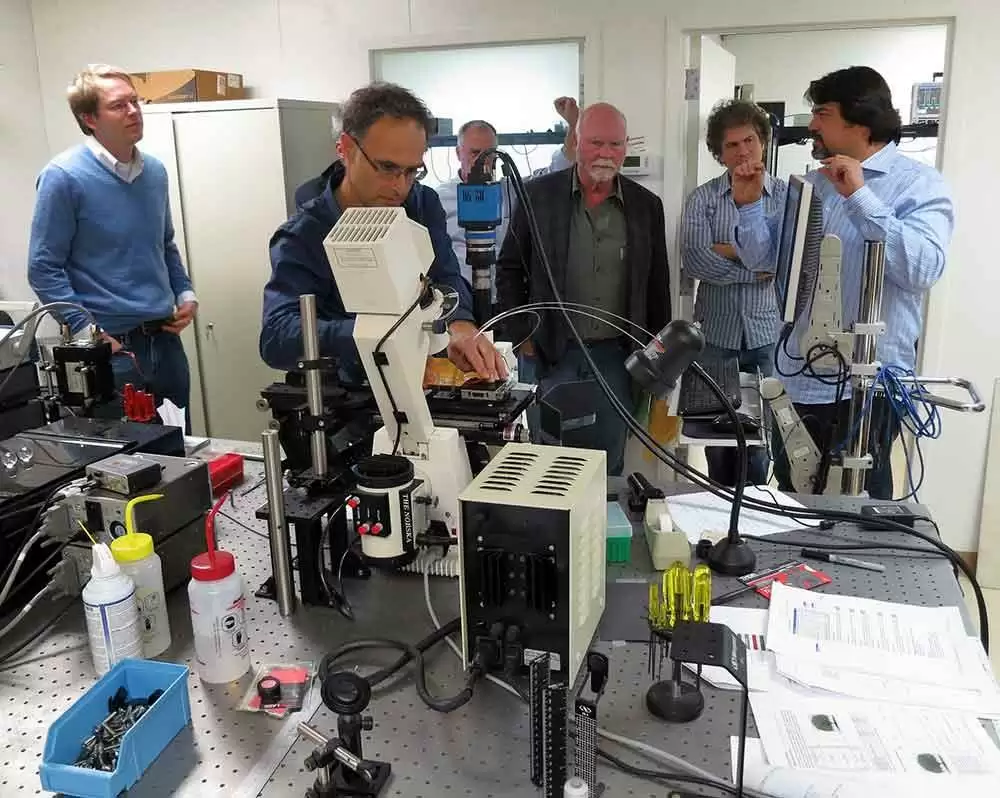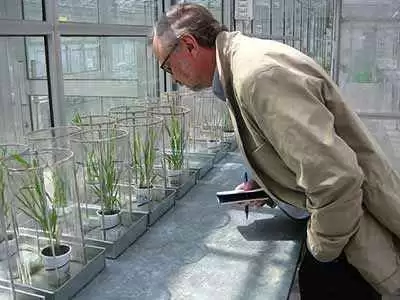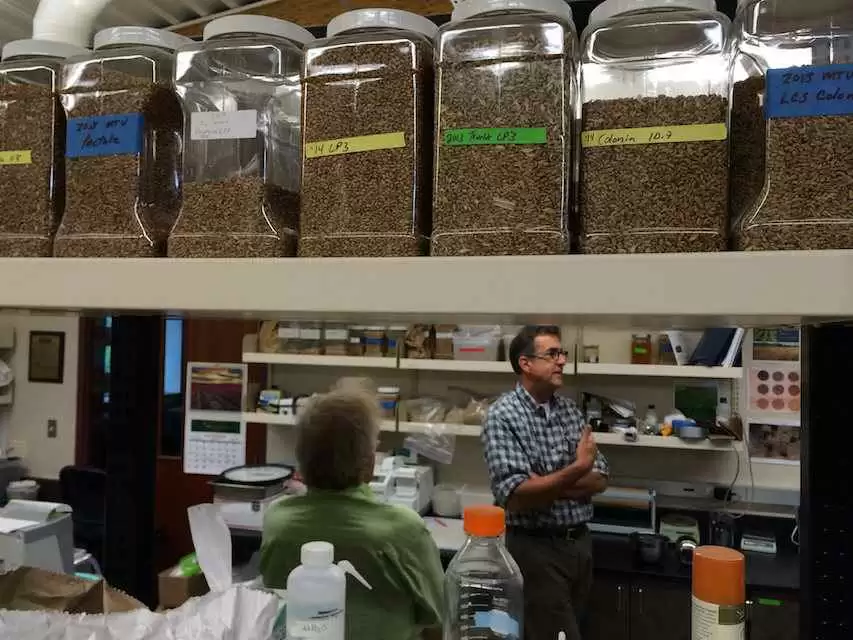
Celiac.com 02/11/2019 - Researchers have shown that CRISPR-Cas9 gene-editing technology can be used to remove epitopes from gliadin protein in gluten. These molecules trigger the adverse immune response seen in people with celiac disease. However, will Europe’s strict GM rules prevent this discovery from being used to create new gluten-free products for people with celiac disease?
Researchers at Wageningen University in the Netherlands, and at the National Institute of Agricultural Botany (NIAB) in the UK, have shown that CRISPR-Cas9 gene-editing technology can be used to remove epitopes from gliadin protein in gluten. Gluten contains an assortment glutenin and gliadin proteins. Most of these gliadins and many of the glutenins contain immunogenic epitopes that trigger an immune response in celiacs, but others do not trigger such a reaction.
Celiac.com Sponsor (A12):
As part of her PhD thesis, scientific researcher, Aurlie Jouanin, has shown that CRISPR-Cas9 gene editing technology can be used to remove certain epitopes that trigger celiac reactions.
The research team did not remove all gliadin proteins from their wheat samples, which means that the wheat plants in this case were not safe for celiacs, but Jouanin found a way to spot both the genes that changed, and the ones that still required modification. Jouanin’s research suggest that it’s possible to remove just the gliadin epitopes that can trigger celiac disease.
If just the offending epitopes can be removed, or altered, then the gluten proteins will not trigger the adverse immune response common in people with celiac disease, then it would be possible to make all kinds of products containing this safe gluten.
Moreover, by allowing select, non-offending gliadins to remain in the bread, the result would likely be bread that is both safe for celiacs to eat, and which also has improved characteristics that are associated with traditional non-gluten-free bread.
The result could be a win-win for people with celiac disease who are looking for improved gluten-free and gluten-safe great products. According to Bianca Rootsaert, director of the Dutch Coeliac Association, “gluten-free wheat would be a great improvement in the quality of life of celiac patients.”
What do you think? Would you be excited to try products made from wheat that had been treated to remove celiac-triggering gluten proteins? Share your thought below.









Recommended Comments
Create an account or sign in to comment
You need to be a member in order to leave a comment
Create an account
Sign up for a new account in our community. It's easy!
Register a new accountSign in
Already have an account? Sign in here.
Sign In Now